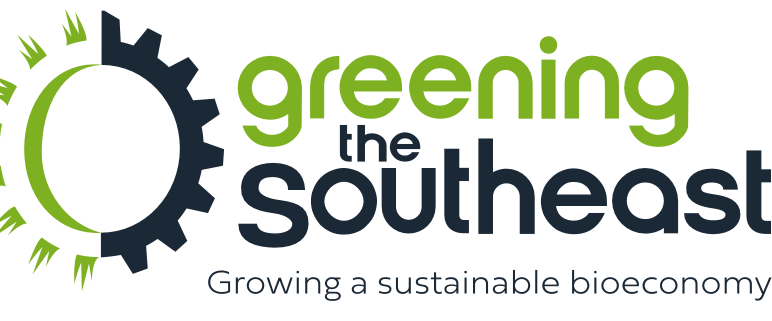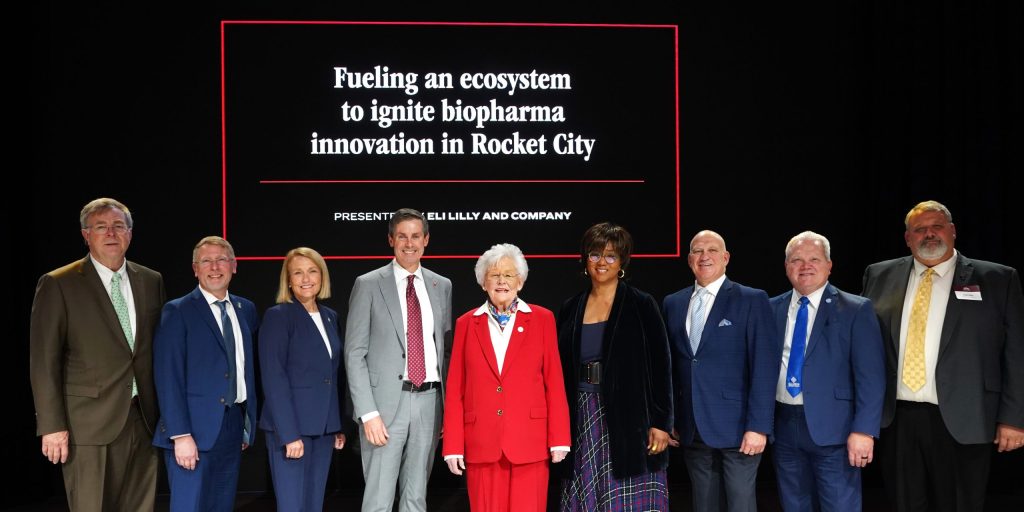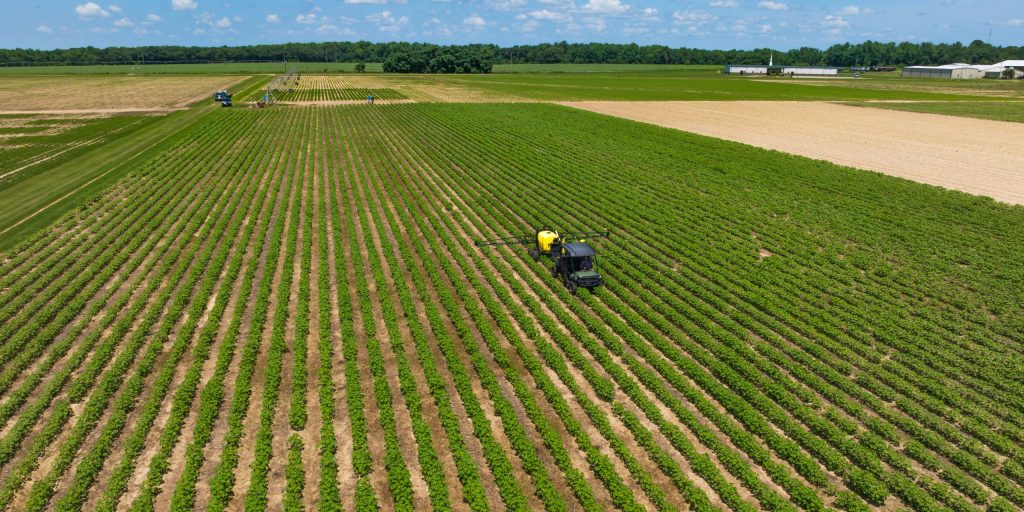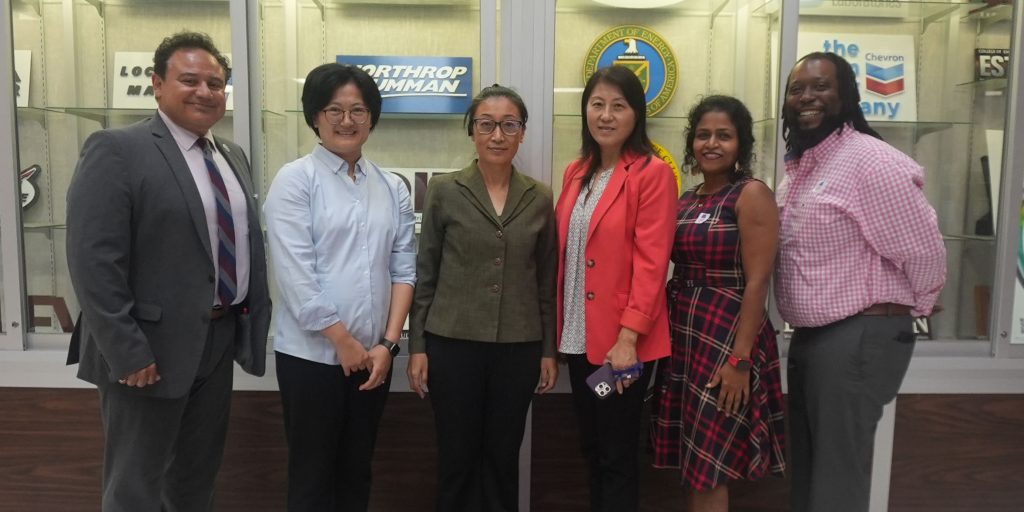HUNTSVILLE — A team of scientists with HudsonAlpha Institute for Biotechnology, the University of Tennessee, Auburn University, and several regional collaborators has been invited to compete in the next stage of the second ever National Science Foundation “Regional Innovation Engines” program.
A total of 71 teams from various regions across the country were invited to submit full proposals for awards potentially totaling $160 million out of an initial pool of nearly 300 teams.
The “Greening the Southeast” research partnership aims to develop a green, circular bioeconomy across the region that reduces climate change impacts from manufacturing by eliminating industry reliance on petroleum and environmentally costly fibers through strong rural economic development. The project focuses on converting perennial agricultural grass crops to more sustainable consumer goods and deploying these products in the packaging, automotive, and construction materials industries.
The successful project will create manufactured products and chemicals using sustainable locally grown grasses grown on underutilized marginal land, creating new markets for farmers. Beneficial impacts also include improving atmospheric carbon sequestration, reducing imports, creating new jobs, and decarbonizing southeastern industries. With an initial focus on Alabama and Tennessee, the impacts of this project will extend across the nation.
The team was one of 44 recipients of $1 million each in the first-ever “NSF Regional Innovation Engines Development Awards” program, announced in May 2023. These planning awards help establish collaborations to create economic, societal, and technological opportunities for their regions.
“The breadth and depth of preliminary proposals submitted to the NSF Engines funding opportunity demonstrates both the very real need for and the potential of harnessing the full geography of innovation across our nation,” said Dr. Erwin Gianchandani, NSF assistant director for technology, innovation, and partnership. “The teams invited to submit a full proposal have shown through their preliminary proposal submissions how they will knit together innovative ideas, talent, and resources in their respective regions to accelerate the development of key technologies. Collectively, they are well positioned to directly contribute to strengthening our nation’s competitiveness and security for the mid-21st century.”
The “Greening the Southeast” team includes numerous research institutions, industry leaders, educators, and economists, each bringing their unique expertise to develop and sustain a circular bioeconomy in the region. The team is comprised of 31 industry partners, 17 academic and research partners, and 21 community stakeholders. A full list of team members can be found at www.greeningthesoutheast.
“Our team brings together researchers across plant genetics and genomics, crop breeders, and experts in biomass processing and biomaterial development to build a pipeline to create products from locally engineered and grown perennial grasses,” said Jeremy Schmutz, HudsonAlpha faculty investigator and co-principal investigator for the project. “Our innovative strategy will leverage low-carbon agricultural crops to foster circular bioeconomy ecosystems with far-reaching industrial applications.
“We will create synergistic partnerships linking biomass producers directly with eco-conscious manufacturers and consumers to forge a resilient circular bioeconomy and spur rural economic growth within the Southeast and beyond.”
The Engine program has five key focal points: crop development and optimization, use-inspired industry problem-solving research, sustainability, workforce development and education, and technology commercialization.
“The Engines program provides such a unique opportunity to have an impact that will benefit our rural economy and spur development of sustainable, biobased products,” said Nicole Labbé, professor and director of the Center for Renewable Carbon at the University of Tennessee Institute of Agriculture. “This NSF Engine will address key technical hurdles in matching appropriate agricultural material components to downstream manufacturing and products to realize true biobased manufacturing. These efforts will require deconstruction of the biomass feedstocks and appropriate use of the constituents in the selected industrial applications,” she said.
“Our broad consortium of partners across research, industry, agriculture, and communities really brings all of the pieces together to make this effort successful,” said M. Soledad Peresin, director of the Sustainable Bio-based Materials Laboratory at Auburn University. “This Engine has the potential to be a game changer for our region as it spurs innovation and rural economic development. We’re tremendously excited about its potential.”
To view more information about the program, visit www.











